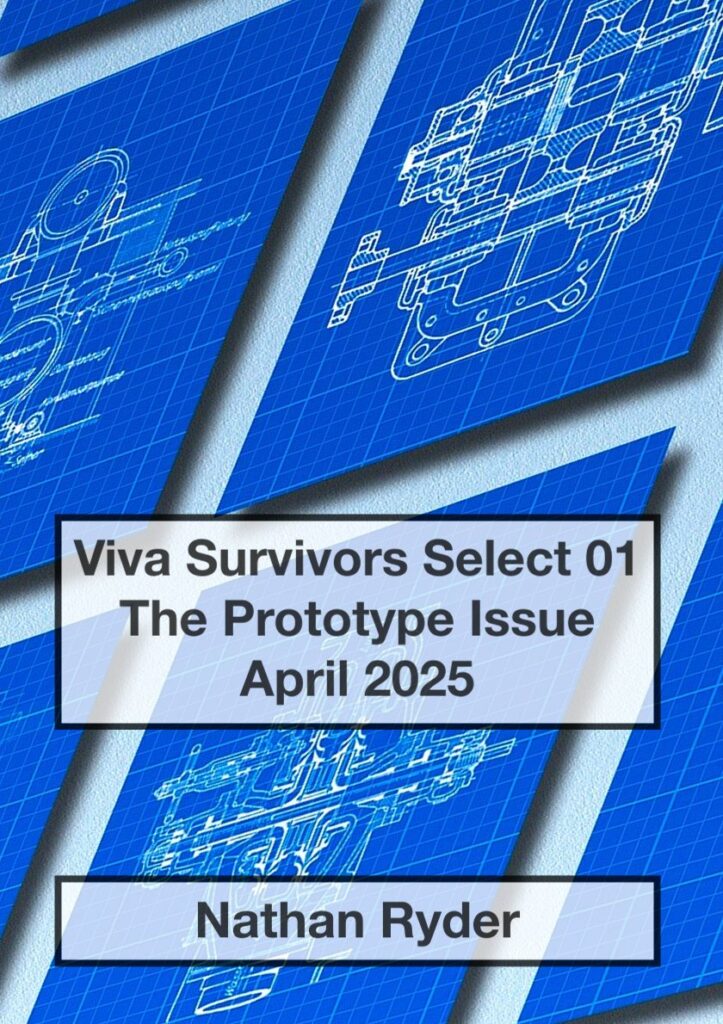Significant To Who?
When thinking about your significant original contribution it’s natural to think about why something matters. The results and conclusions in your thesis have value and it’s right that someone – like your examiners – would want to explore that in your viva.
It makes sense to reflect on why your work matters and how you explain that as part of your viva prep. It’s also a good idea to think about who your work matters to as well.
For example, my thesis contained algorithms I’d developed for calculating certain properties of mathematical objects. That’s my simplest explanation without invoking fancy terms and funny symbols! This work mattered because these properties were typically very time-consuming for people to calculate. My algorithms had limits but they were very quick and easy to use.
That’s the why. The who, the people who would be interested, was a little more niche.
People interested in my work might be people who needed a tool. Or people who were looking to develop their own. Or even people looking for a little inspiration. But my work wasn’t for everyone.
Explore why your work matters as you get ready but remember to think about who it matters to as well.

